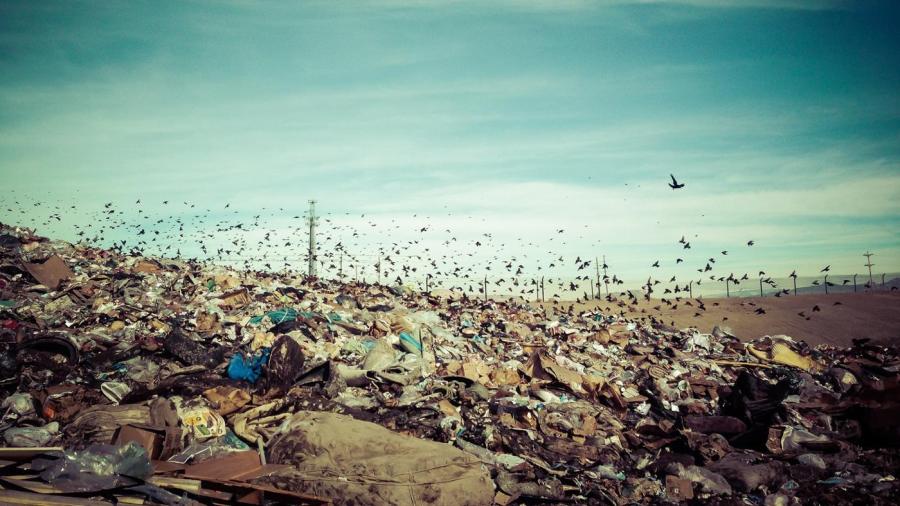What Is the Definition of Non-Biodegradable?

The term non-biodegradable describes substances that do not break down to a natural, environmentally safe condition over time by biological processes. In other words, non-biodegradable materials do not decay.
Biodegradable substances decay or decompose and become part of nature again through bacterial or fungal activities. Non-biodegradable materials do not decompose. Instead, they remain intact in landfills and cause potential harm to the environment once they have outlived their usefulness. Such materials include items like metals, plastic and glass. Some manufacturers now strive to make their goods biodegradable, and environmentalists urge consumers to stay away from non-biodegradable products as much as possible.





